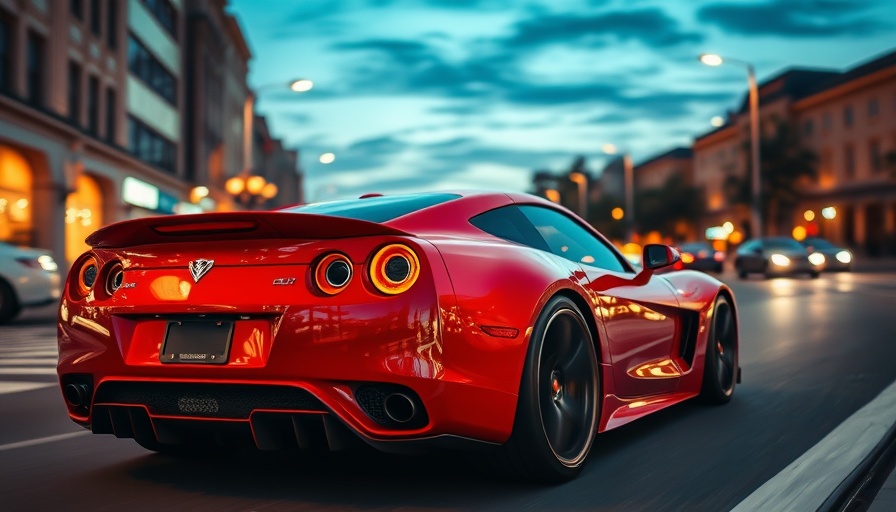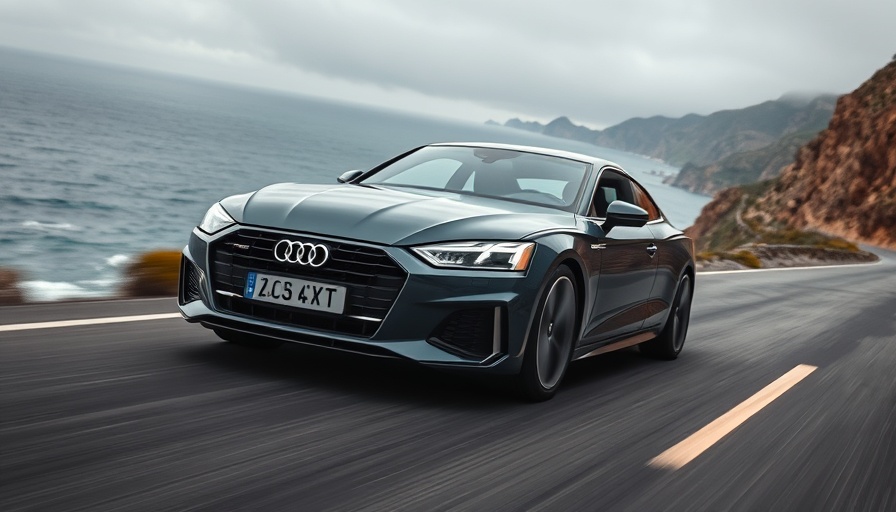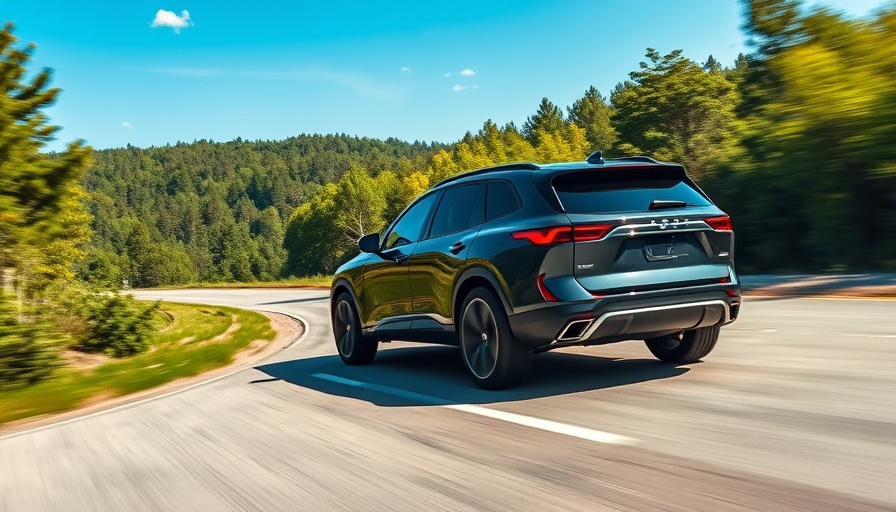
The Allure of Engine Sounds: A Brief History
For automotive enthusiasts, the sound of an engine is not just noise; it’s a key component of the driving experience. From the throaty growl of a V8 to the high-pitched whine of a Ferrari V12, these aural signatures evoke emotions and memories. Historically, performance cars have drawn attention not just for their speed but for their distinct auditory identities.
Many manufacturers have made significant investments in tuning their engines to produce unique sounds that resonate with drivers. This phenomenon can be traced back to the early days of racing, where the roar of a powerful engine was a definitive characteristic of performance. Iconic brands such as Porsche and Ferrari have exemplified this commitment by engineering their engines for maximum auditory pleasure.
Why Do We Love the Sound of Certain Cars?
The fascination with car sounds delves deeper than mere preference. It’s a combination of nostalgia, engineering, and personal connection. Many drivers associate the roaring of a particular model with thrilling moments in their lives, such as a first car or a memorable road trip. The exhilarating sound can invoke feelings of power and freedom.
Additionally, the sound of a car can signify status or identity. Cars like the Lamborghini Aventador or the Chevrolet Corvette evoke a sense of luxury and performance that is reflected in their distinct sounds. It’s this emotional connection that transforms a car sound into an iconic brand symbol.
Top Sounding Cars That Captivated Enthusiasts
While opinions may vary on which cars sound the best, several models consistently rank high among enthusiasts. For instance, the Ford Mustang GT has been celebrated for its deep growl and aggressive demeanor. The Ferrari 458 Italia offers a high-pitched symphony that’s considered music to the ears of many drivers. Another favorite, the classic Porsche 911, is known for its distinctive flat-six engine sound that resonates nostalgia.
Several modern electric vehicles also aim to penetrate this auditory market. For example, the Porsche Taycan has adopted synthetic engine sounds to enhance the driving experience, illustrating how sound can evolve with technology. The manufacturers are realizing that sound remains a crucial factor, even as we shift towards electric mobility.
The Impact of Regulations on Car Sounds
New regulations aimed at reducing noise pollution may change how vehicles sound on the road. Many countries are adopting stricter sound regulations especially for electric vehicles that produce minimal sound. Suggesting that future generations might miss out on those thrilling sounds synonymous with high-performance vehicles.
In contrast, automakers are innovating by integrating artificial sounds into electric vehicles, enhancing the driving experience while adhering to noise regulations. This could mean that the heart-pounding sounds we’ve come to love might gain a modern twist as manufacturers navigate longevity and innovation.
Actionable Insights for Car Enthusiasts
For car enthusiasts looking to explore the world of vehicle sounds, one recommendation is to attend car meets or auto shows. Engaging with fellow enthusiasts provides firsthand experience of these iconic sounds while discussing the engineering behind them. Additionally, you can listen to sound recordings online or participate in driving experiences that emphasize dramatic sound profiles of various models.
Conclusion: The Fusion of Sound and Driving Experience
Ultimately, the sounds that cars produce add depth to the driving experience, making it more memorable and enjoyable. As technology progresses, preserving the auditory pleasure associated with cars will be crucial for manufacturers. Whether you’re an electric vehicle supporter or a staunch petrolhead, understanding the mechanics behind these sounds can help you appreciate what lies beneath the hood even more.
Take the time to explore different vehicles and discover the sounds that resonate most with you. Rediscovering this sonic landscape can deepen your appreciation for automotive engineering and its history. Happy driving!
 Add Row
Add Row  Add
Add 




 Add Row
Add Row  Add
Add 

Write A Comment